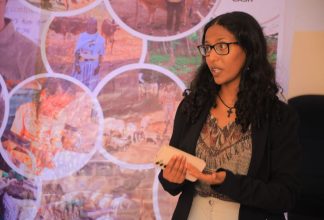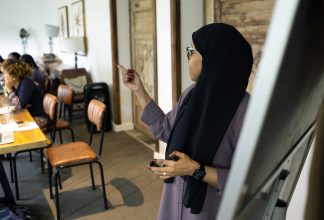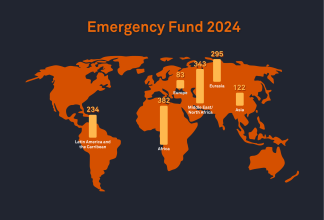Lundin Oil trial: ”What was peaceful to them was destruction to us”
Reverend James Ninrew Dong lost fourteen family members and his churches were burnt down when Sudan’s regime cleared his village to secure oil exploration in the area. This summer, over twenty years later, he finally got to tell his story during the Lundin Oil trial.
“I feel sad because all memories come back. All the painful events are flashing back. But another feeling is also happiness. Lundin thought they were hiding, and nobody could reach them. Now they are in the court, face to face with us. I think that is a joyous moment,” says James Ninrew Dong.
James Ninrew Dong was the first victim to take the stand in the ongoing Lundin Oil trial in Stockholm District Court where two former executives of the Swedish oil company Lundin Oil have been indicted for complicity in grave war crimes committed by Sudan’s regime. The two executives are accused of requesting Sudan’s government to handle security at one of Lundin Oil’s exploration fields, knowing that they would do so using their army and allied militias. This, according to the prosecution, resulted in the killing and mass displacement of civilians and the burning of entire villages.
When the attacks began, James was working as a priest in the area. He didn’t believe they were going to attack civilians so he decided to stay, despite rumours about bombing to the north of them. When he realised what was happening, he tried to stay for as long as possible.
“I would not like to run away leaving my congregation behind. I would not know what would happen to them.”
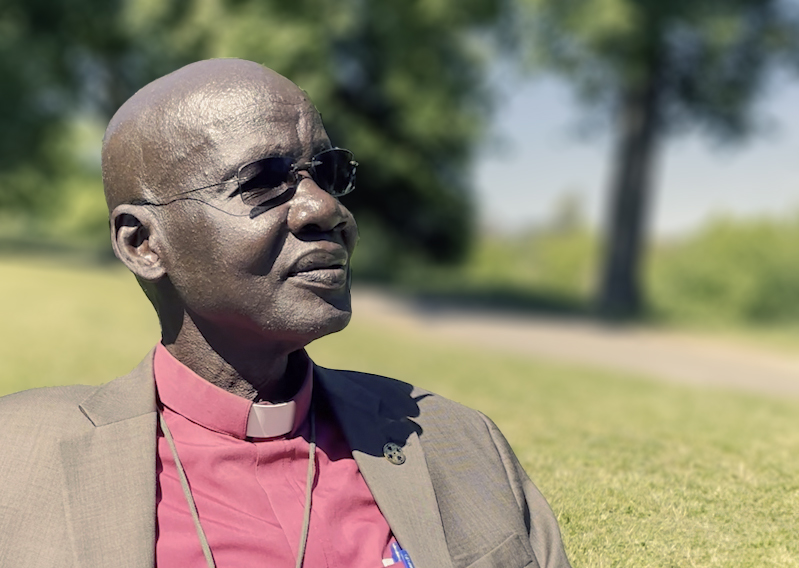
Paving the way for an oil road
He says the attacks were carried out systematically in three stages. First came the Antonov bombers, bombing civilians and cattle. Then a helicopter gunship would fly over at a lower altitude to check if anyone remained in the area and chase them away by shooting at them. Sometimes they would be accompanied by ground troops.
“Once they had pushed the people from that area, they built the road. Then they moved forward again,” says James.
“They came pushing the government to clear the areas so that they could operate in a peaceful area. And what was peaceful to them was destruction to us,” says James.
“Will it bring my dead ones back?”
James has been waiting a long time for the trial to take place and travelled far to get here.
“It is good that the trial is taking place, whether in Sweden or somewhere else. Lundin didn’t expect that the trial would come here. We believe that justice will take its course.”
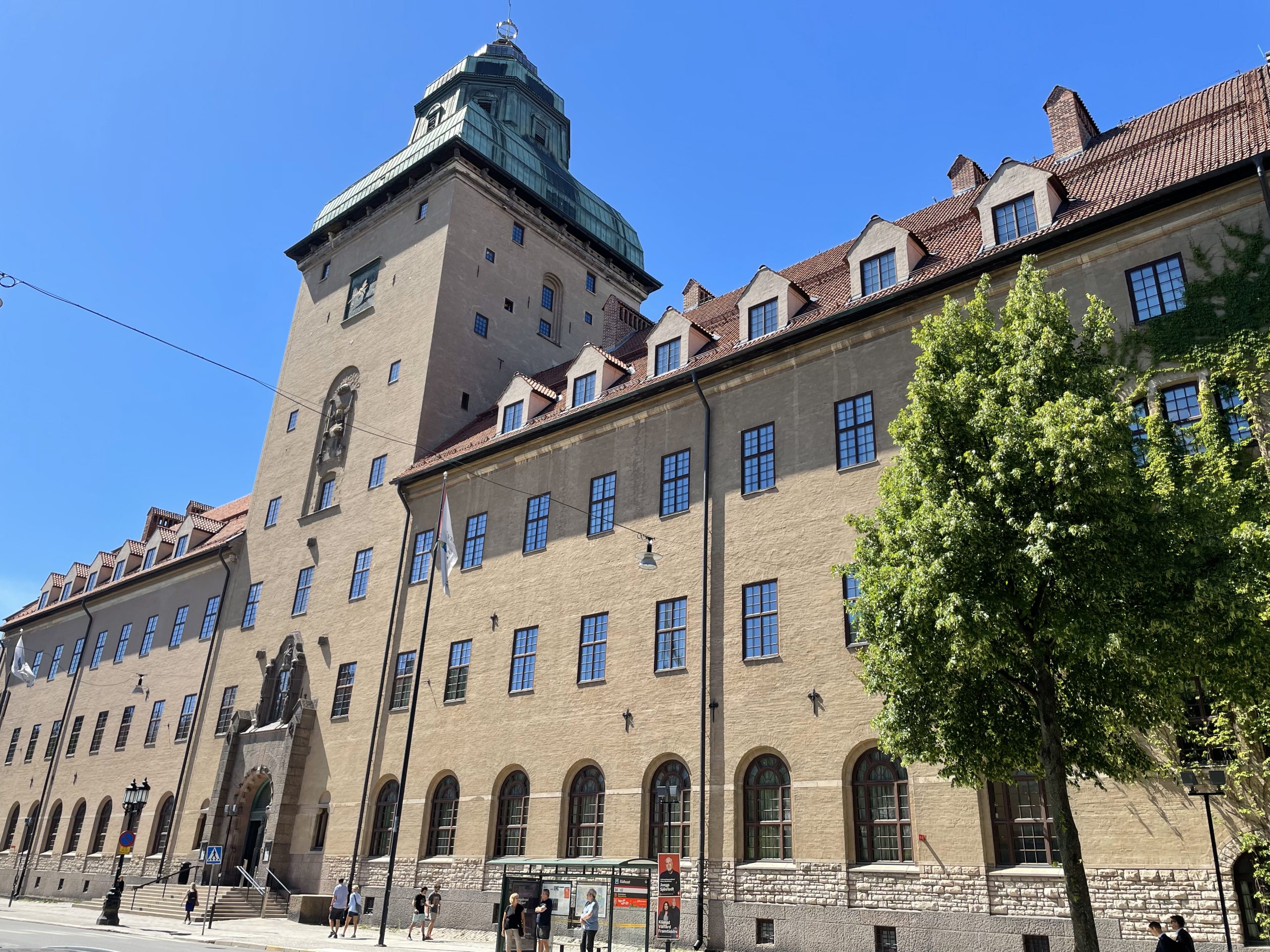
Last autumn, the Stockholm District Court decided to separate the plaintiffs’ damage claims from the criminal trial. This will make it in practice almost impossible for the victims to receive any financial compensation, even if the defendants were to be found guilty. Still, they decided to stay in the trial. According to James, it was never about monetary compensation anyway.
“What is compensation? Will it bring my dead ones back? Lundin need to know that they are guilty, the world needs to know that they are guilty, whether they are going to compensate or not.”
Civil Rights Defenders is monitoring the trial
Since the start of the Lundin Oil trial, Civil Rights Defenders has been monitoring the trial on site from the courtroom at Stockholm District Court.
“There are very few means today for victims of war crimes to obtain redress. That is why this trial is so important. The plaintiffs in this trial indirectly represent the thousands of victims in South Sudan who do not have the opportunity to tell their stories,” says Ebony Wade, Legal Advisor at Civil Rights Defenders.
James was the first of the trial’s plaintiffs to be heard in court. The rest of the plaintiffs are scheduled to testify, some in person and others via video link from a courtroom in Kigali, throughout this autumn until Ian Lundin himself takes the stand on 10 December 2024, followed by Alexandre Schneiter in January 2025.
